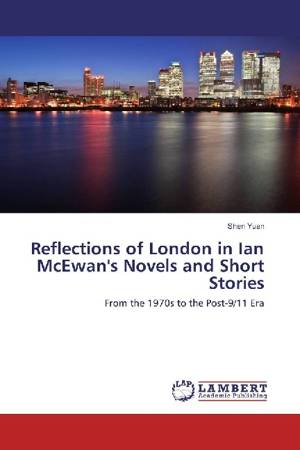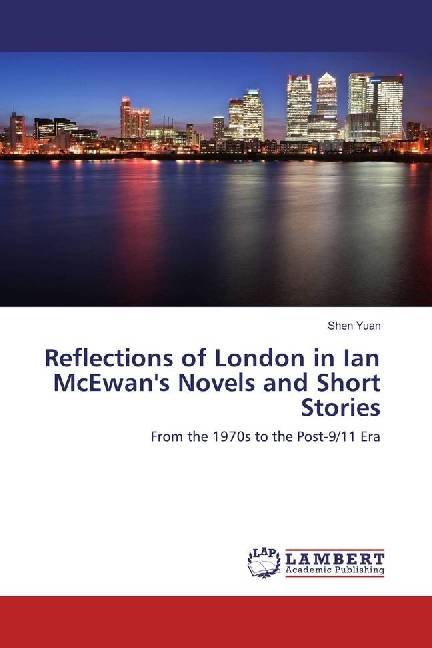
- Afhalen na 1 uur in een winkel met voorraad
- Gratis thuislevering in België vanaf € 30
- Ruim aanbod met 7 miljoen producten
- Afhalen na 1 uur in een winkel met voorraad
- Gratis thuislevering in België vanaf € 30
- Ruim aanbod met 7 miljoen producten
Zoeken
Reflections of London in Ian McEwan's Novels and Short Stories
From the 1970s to the Post-9/11 Era
Shen Yuan
Paperback | Engels
€ 55,45
+ 110 punten
Omschrijving
The term "reflection" is bound up with the theory of mimesis in ancient Greek philosophy. Plato underlines that art should imitate nature, while Aristotle highlights the creativity the poet should possess in the process of imitation. Thus, the term "reflection" stresses that artistic creation involves the fusion of facts and fiction. As regards McEwan's London narratives, it is directed both at reality and the novelist's representation of this city. Reflections, in truth, are inclusive of multifarious phenomena, images, and impressions. This book analyzes Ian McEwan's literary reflections of London in First Love, Last Rites, The Child in Time, and Saturday from perspectives of entropy, space, and spectacle to interpret the novelist's negative aesthetics of the city. It attempts to show that Ian McEwan's representation of urbanites' traumatic experience, his literary investigation of the ecological and socio-cultural crises of contemporary London and other metropolises, and his meditation on the boundary between barbarism and civilization all shed light on contemporary urban narratives.
Specificaties
Betrokkenen
- Auteur(s):
- Uitgeverij:
Inhoud
- Aantal bladzijden:
- 248
- Taal:
- Engels
Eigenschappen
- Productcode (EAN):
- 9783659915321
- Uitvoering:
- Paperback
- Afmetingen:
- 150 mm x 220 mm
- Gewicht:
- 388 g

Alleen bij Standaard Boekhandel
+ 110 punten op je klantenkaart van Standaard Boekhandel
Beoordelingen
We publiceren alleen reviews die voldoen aan de voorwaarden voor reviews. Bekijk onze voorwaarden voor reviews.











